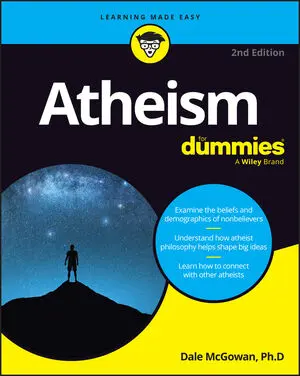British atheist philosopher A.C. Grayling had an arresting thought about creating a Humanist Bible: How would world history have been different if the writers of the Bible used Greek and Roman philosophy instead of local religions as their sources? But they didn’t so Grayling did. The result is The Good Book: A Humanist Bible (Walker & Co.).
Despite the title, Grayling didn’t mean for his humanist bible to shove the Bible bible aside. He wanted to create a secular contribution to the age-old conversation humanity has with itself about the good.
So he did what the creators of the Bible did — selected texts from a number of different sources, then edited them, wove them together, and added a bit of his own thoughts to make it flow.
But here’s the twist: It’s not just a collection of excerpts, an approach that’s been done a thousand times before. Instead, Grayling put everything into a kind of biblical structure, with chapters and verses, allowing the reader to really imagine that the original may have turned out very differently with different sources.
If you know Plato and Aristotle, you’ll see their ideas pop up in this or that verse, but without citation. It’s a completely different way of experiencing their work, and you get the same kind of narrative flow you get from scriptures. It’s well worth a look, for theists and atheists alike.





